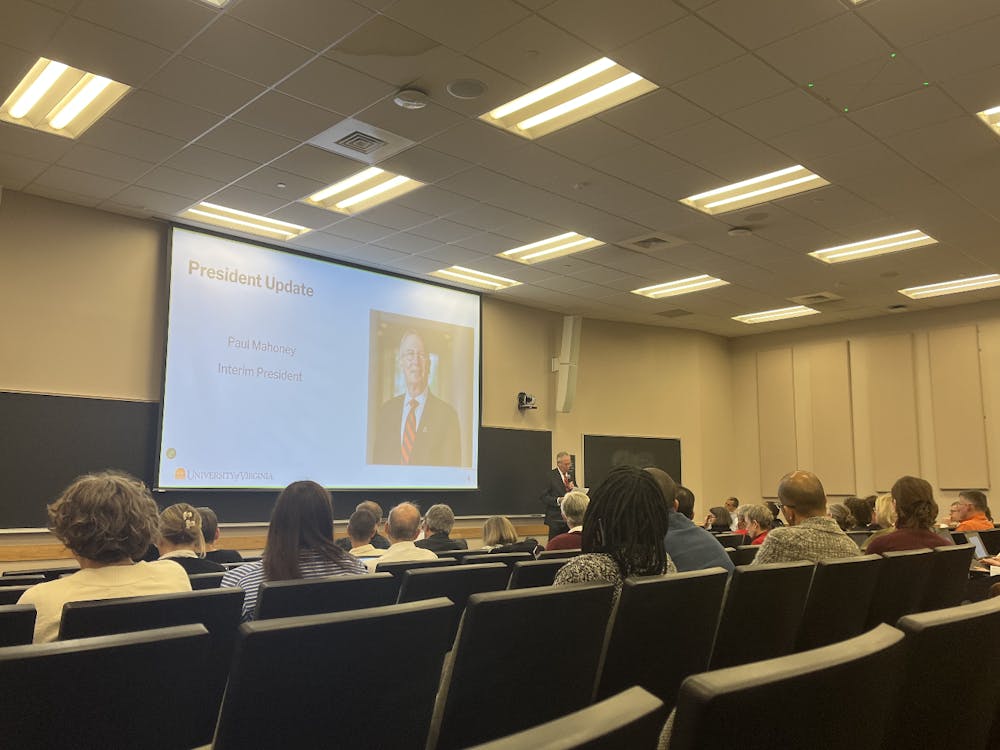The Virginia Senate and House of Delegates passed separate versions of the commonwealth's budget last Thursday, and a joint committee expects to resolve differences between the two budgets before March 8 for review by Gov. Tim Kaine.
The main differences between the two budgets concern the amount of money the House and the Senate chose to remove from the commonwealth's Revenue Stabilization Fund-- also known as the "rainy-day fund" -- and the amount of funding allocated for education, said Del. David Toscano, D-Charlottesville.
According to Del. Bob Marshall, R-Manassas, the rainy-day fund acts "like a piggy bank," allowing the legislature to stabilize budget shortfalls in the fiscal year.
The Senate authorized almost twice as much money to be taken from the fund than the House did, said Jeff Ryer, press secretary for House Majority Leader Morgan Griffith, R-Roanoke.
Ryer said the House wanted to keep withdrawals low because as more money is taken out, restrictions increase on how those funds can be used.
The House has a "legitimate concern that we might need to prepare for an economy that doesn't recover as quickly," and did not want to limit its ability to use further withdrawals, Ryer said.
The Senate, however, chose to take the maximum amount from the rainy-day fund to fund the governor's proposed programs, Ryer said.
Kaine's office was pleased to see the governor's priorities -- such as new programs for mental health care and pre-kindergarten funding -- were included in both the House and Senate budgets, though some priorities were addressed more positively in one budget than the other, Kaine spokesperson? Gordon Hickey said.
According to Ryer, the House "looked at [the budget] as a question of prioritizing." The House felt it was more essential to put as much money as possible into existing programs, while the Senate chose to send more money to the governor's new programs, he said.
Toscano maintained, though, that the House budget did not go as far as it needed to in regards to funding for K-12 schools. The House changed the formula by which localities are reimbursed, which could cause a dramatic decrease in the state money received by institutes of public education, Toscano said.
"I absolutely oppose [the change]," Toscano said. "Teachers are underpaid and school divisions don't receive as much money as they should anyway."
The House budget, Ryer said, offered a provision to raise teachers' salaries by 2 percent in the first year of the budget, then an additional 1.14 percent increase in the second year. The Senate plan gives teachers a 2.5 percent raise in the second year, contingent on state revenue estimates being met, he added.
According to Toscano, the budgets also contain minor differences concerning allocations for higher education. The text of the House budget contains a version of the Tuition Moderation Incentive Fund -- with potential allocations to public colleges and universities totaling about $20 million, provided that eligible parties meet certain tuition-level requirements -- whereas the text of the Senate budget does not.
Toscano said he expects these differences to be resolved quickly by the joint committee.






